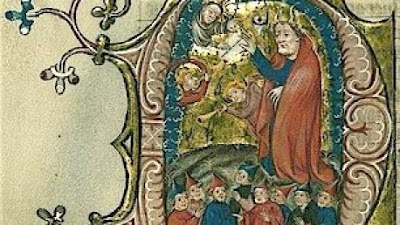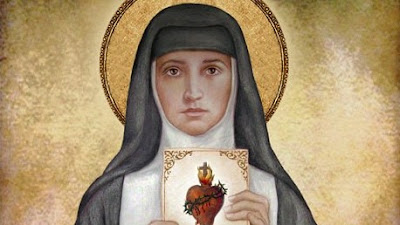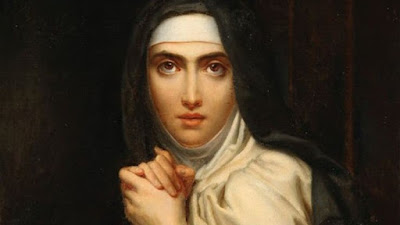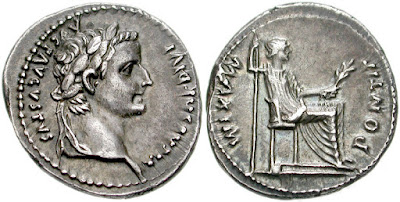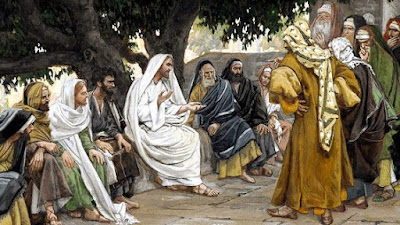Homily for the Solemnity of All Saints, November 1, 2020, Year A
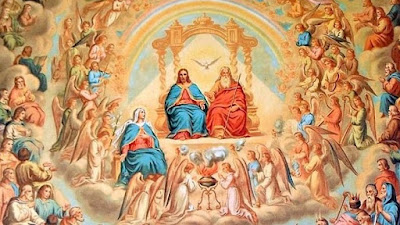
Fr. Ignatius Manfredonia Franciscan Friars of the Immaculate Bloomington, IN ( Click here for today’s readings ) Today we celebrate the Solemnity of All Saints. Who are the saints and exactly how did they get to heaven? In today's first reading, St. John asked this question to the angel who is guiding him and revealing these things to him. John says who are these people wearing white robes? So who are these souls in heaven that we celebrate today? The Feast of All Saints refers to every human person who is in heaven. We know about 9,000 of these souls. The Roman Martyrology lists them by name, however, the great majority of the souls in heaven we don't know… In Saint John's vision he states that there is a great multitude, which no one could count, from every nation, race, people, and tongue. Now, how do we square that with the gospel when our Lord says that there will be few who will be saved? Our Lord said that many travel down that wide and easy road that leads to
